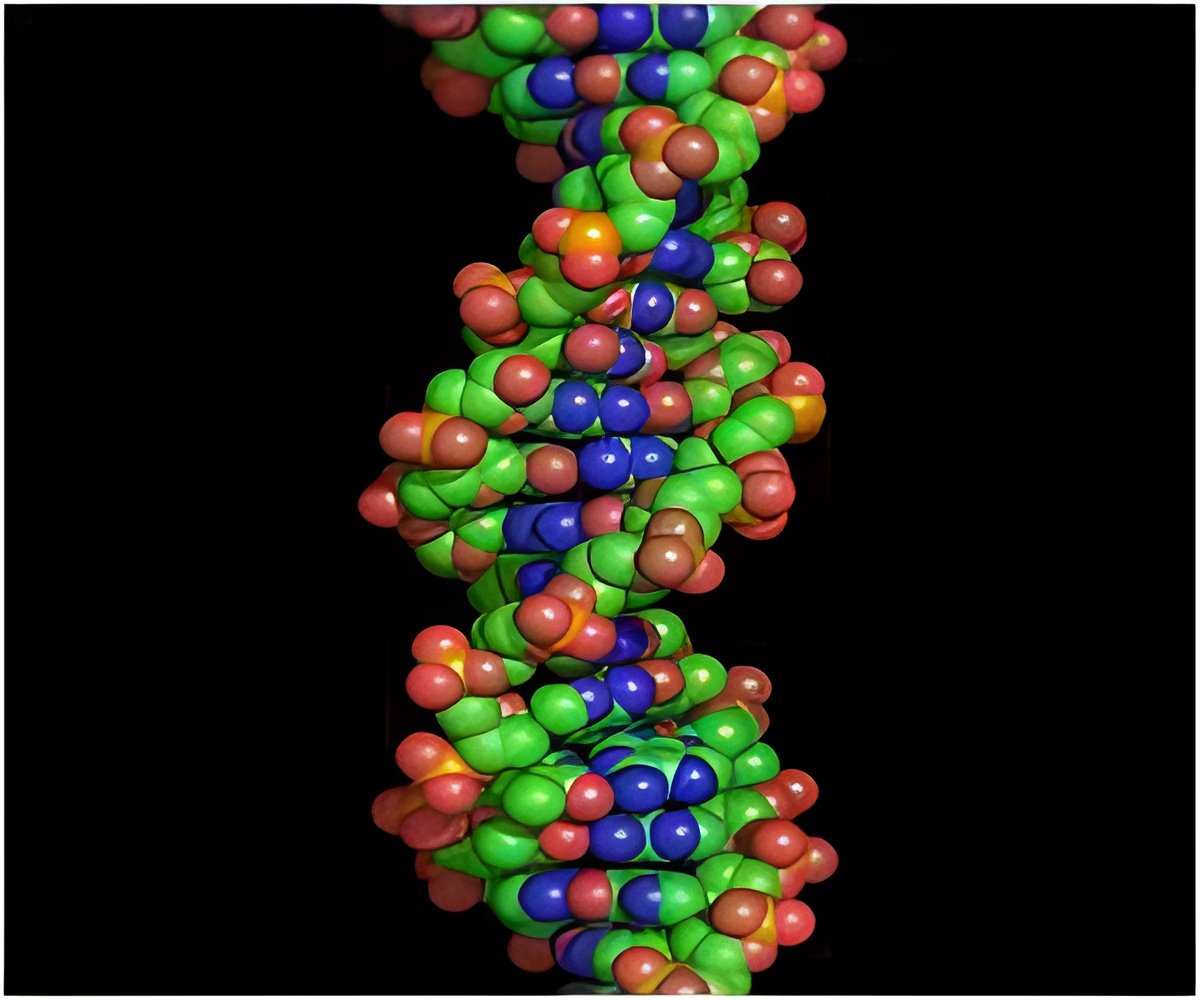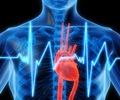Researchers from the University of Leeds have discovered, Piezo1, a gene which creates blood vessel and this gene could be used to fight cancer, heart disease and strokes.

Vessels do not develop until the blood is already flowing and they are created in response to the amount of flow, he added.
“This gene, Piezo1, provides the instructions for sensors that tell the body that blood is flowing correctly and gives the signal to form new vessel structures.
The gene gives orders to a protein which forms channels that open in response to mechanical strain from blood flow, letting tiny electrical charges to enter cells and trigger the changes needed for new vessels to be built," Beech explained.
The research team is planning to examine the effects of manipulating the gene on cancers, which require a blood supply to grow, as well as in heart diseases such as atherosclerosis, where plaques form in parts of blood vessels with disturbed blood flow.
Beech said that this work provides fundamental understanding of how complex life starts and opens new possibilities for treatment of health problems such as cardiovascular disease and cancer, where changes in blood flow are common and often unwanted.
Using these promising findings, we will do further research into how this gene can be manipulated to treat these diseases as the findings are promising, the research team said.
The research was published in the journal Nature.
Source-Medindia












